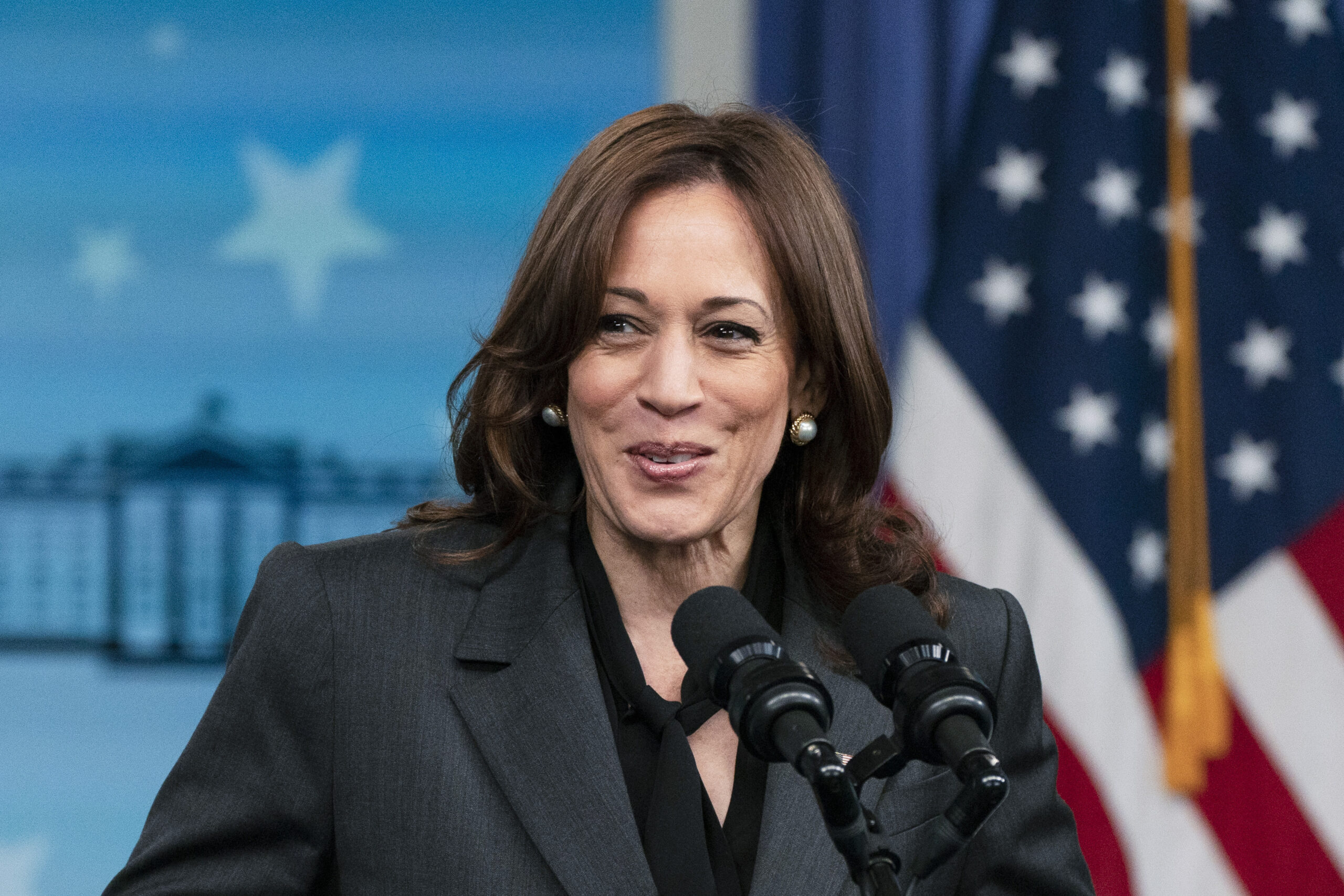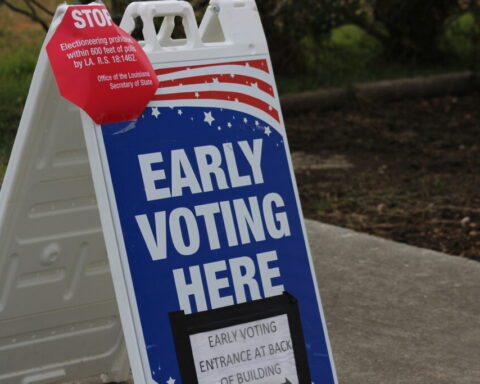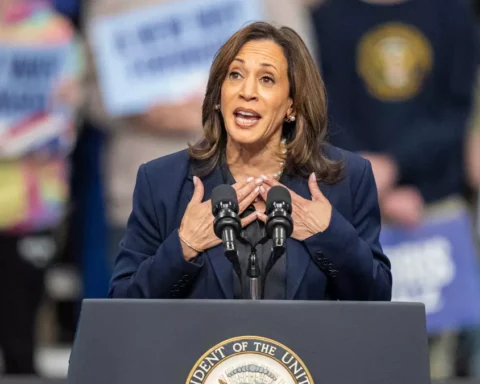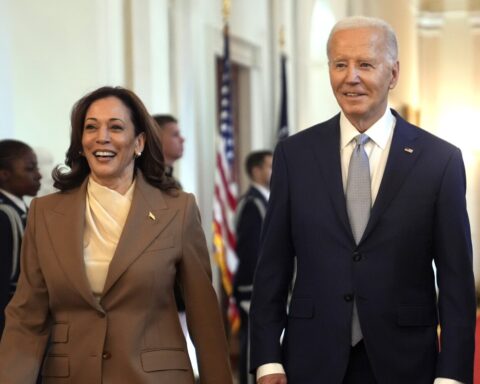By Anoa Changa
Conservatives stay looking for reasons to criticize Vice President Kamala Harris. The hyper-online right is big mad the vice president made it a point to highlight the importance of equity even in disaster relief.
Even team DeSantis, who has gone out of its way to eradicate equity gains in the Sunshine State, is among those faking being annoyed at the vice president’s recent remarks.
In the aftermath of Hurricane Ian, communities across Florida were slammed by the fierce storm. And without the express commitment to equity in the recovery process, flooded communities like an Orange County low-income housing complex that flooded or a North Fort Meyers trailer park might not actually get the support they need.
It’s one thing to criticize Harris for something actually substantive. But complaining about equity just shows these characters are only out for outrage clicks and propaganda views, not actually sharing information or spreading awareness.
Also, let’s be real, FEMA doesn’t have the best track record when it comes to making sure folks have what they need after a disaster. We still remember what happened to communities in the aftermath of Hurricane Katrina.
Biden-Harris administration equity commitment extends to all federal agencies
Harris recognizing the existing disparity is entirely in line with the administration’s commitment to ensuring equity is taken into consideration across all areas of the government. Signed on Biden’s first day in office, Executive Order 13985 defines equity as the consistent and systematic fair, just, and impartial treatment of all individuals, including individuals who belong to underserved communities that have been denied such treatment, such as Black, Latino, and Indigenous and Native American persons, Asian Americans and Pacific Islanders and other persons of color; members of religious minorities; lesbian, gay, bisexual, transgender, and queer (LGBTQ+) persons; persons with disabilities; persons who live in rural areas; and persons otherwise adversely affected by persistent poverty or inequality.
The policy doesn’t exclude or limit anyone. It is a clear attempt to make sure no one is left behind. FEMA also adopted an equity framework as a part of its disaster management.
Equity can feel like exclusion when you’re used to always being at the front of the line and sucking up the resources.. Making sure other people get the support they need doesn’t mean others will be left out.
Reports show an ongoing disparity in disaster relief
Countless reports and studies have shown disparities in disaster aid and relief based on income and race. Earlier this year, reported that Black homeowners in Houston were still trying to recover five years after Hurricane Harvey.
A report from the Center for American Progress explored the disparities between white and Black disaster survivors.
“Several recent studies show that the federal response to natural disasters is inequitable, with Black disaster survivors receiving less government support than their white counterparts even when the amount of damage and loss are the same,” read the report. “These vast, systemic inequities require concerted efforts from federal agencies—specifically FEMA—to change how they implement recovery efforts.”
The report also suggested several policy changes for FEMA to remedy historic disparities in the administration of disaster relief to survivors.
“FEMA should shift from damage-based to needs-based awards, strengthen its public assistance support for county and municipal projects in low-income communities of color, and consider how its “equity standard” can offer a level playing field to all those affected and reduce wealth change inequality,” the report continued.





